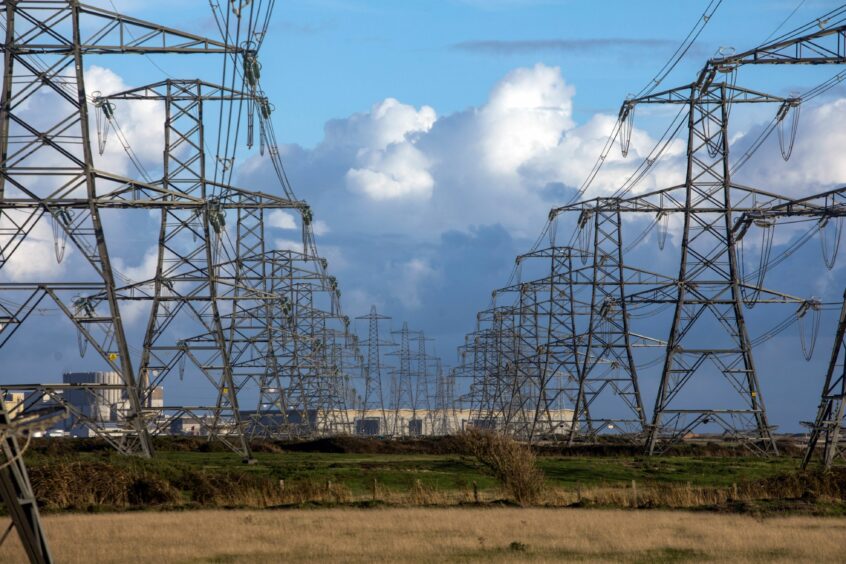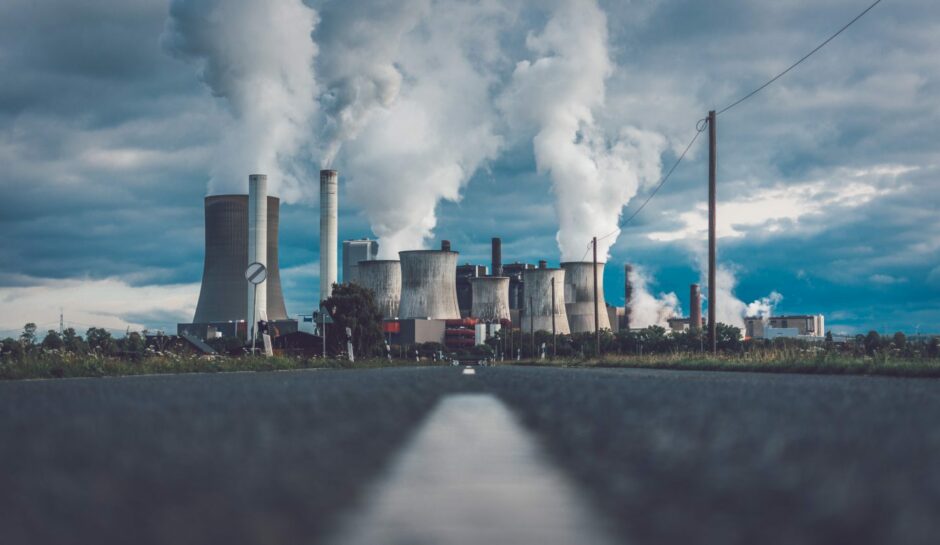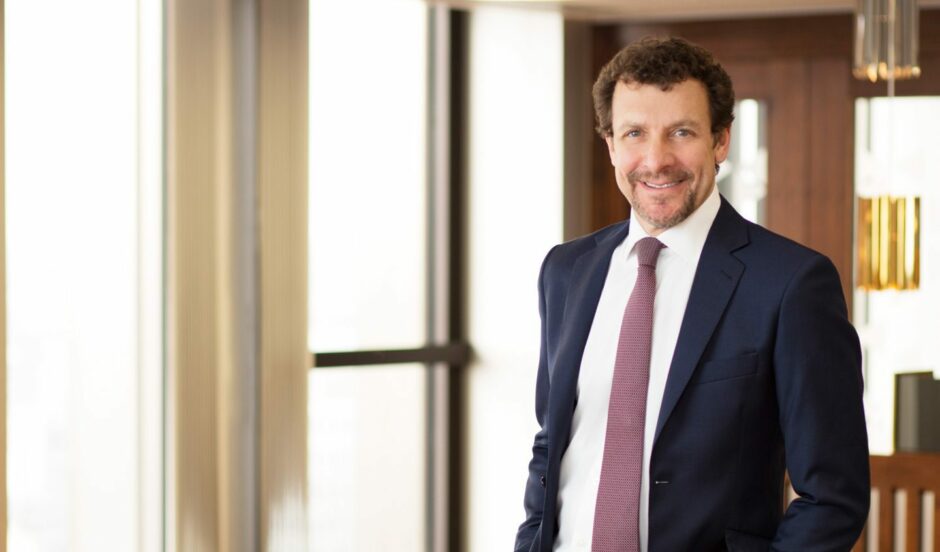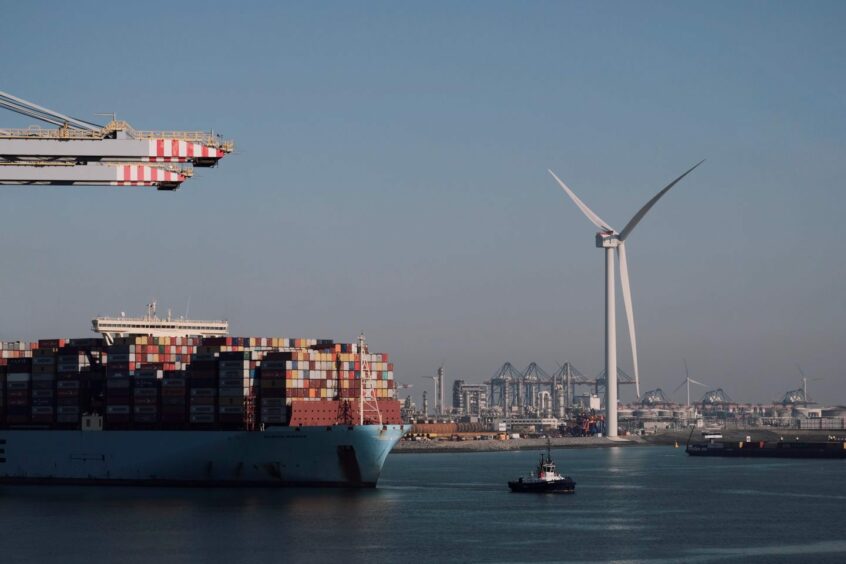
European energy security faces a seemingly impossible task of meeting short-term demand with longer-term decarbonisation. Society does not have the luxury of declaring this to be impossible, though, so must take steps now to meet the challenges.
It is often described as a trilemma, with three aspects to the task. The region must decarbonise, must ensure supply and must do so at an affordable price.
In the short term, the path is clear. Europe will take every step it can to avoid interruptions in Russian gas supply derail its economies.
Switch
The European Commission has made it clear it sees a new role for gas, and particularly LNG. At the same time, though, the union has also pushed for more renewable energy under its REPowerEU plan.
Energy efficiency is often seen as the easiest way in which to tackle the issue. The European Commission, in mid-July, asked member states to curb gas consumption by 15% from August until March 2023.
As demonstration of Europe’s shift, alternatives are being considered. Deutsche Bank has talked about a growing role for wood in heating German homes as one of a range of Russian gas substitutes.
Coal plants, which had been all but declared dead, will play a role. Coal as an option is attractive in that feedstock storage is relatively straightforward. Furthermore, while prices are showing signs of increasing, it remains an abundant resource.
“A short term move to coal is hugely disappointing – and it means there’s a need to accelerate the race to decarbonise on the other side. It can only be a short-term stop gap,” said GE Gas Power vice president for strategy Martin O’Neill.
Burning coal emits around 1,100 grams of CO2 per kWh, while gas is 450 grams. But this is only one of the problems around burning coal.
Gas advantage
A gas plant takes only eight minutes to respond, while coal takes much longer to turn on or off. Therefore, using coal actually curtails other options – in particular renewables – when demand is reduced.
The move to more LNG and coal can already be seen this year. The Port of Rotterdam reported a 45.8% increase in LNG volumes in the first half of the year and a 29.7% increase in coal.

Gas is likely to be the big winner in terms of these developments. The market continues to be much more regional than oil. Furthermore, European oil demand will fall as petrol and diesel transport phases out in favour of electric or hydrogen vehicles.
This new wave of transportation will switch demand from oil to electricity – and therefore gas. “Gas will hold the grid together,” GE Gas’ O’Neill said. “We cannot produce from renewable energies without gas.”
Gas infrastructure is also appealing in that it is easier to convert to new feedstocks. Germany and its LNG import plans have already discussed a shift from gas to hydrogen or ammonia in the longer term.
Low or no carbon gas, such as biogas, synthetic gas and others also represent an opportunity to use turbines and pipelines for longer.
Banking plans
“Europe has to push renewables as hard as possible, but to make that work it will also need gas plants,” O’Neill continued. “In the short term, we need to make sure demand is as efficient as possible, which may involve physical and digital upgrades. While saving gas, we have to accept coal generation in the near term.”
Further out, the GE Gas executive said, LNG imports will ramp up in addition to renewables, with carbon capture and storage (CCS) also playing a part.
Securing new supplies will be essential for Europe to ride out the next few years while it attempts to transition to more renewable energy.
One problem is financing, with banks less willing to back hydrocarbon developments than in the past.
“All banks have made commitments to reduce lending, driven by ESG and climate change concerns, with some banks stepping out entirely. They are more wary of oil than gas and are genuinely focused on the ESG metrics of borrowers – they want best-in-class ratings,” Bracewell (UK) LLP managing partner Jason Fox said.
Another challenge is around securing future flows of LNG. Europe sees this resource as a core means to shift near term demand from Russian gas. At the same time, though, it has counselled against contracts longer than about 10 years.
Banks considering financing new LNG plants are unwilling to accept contracts that short.
Absent a change of political will on long-term contracts, one way to solve the problem may be in allowing greater contractual flexibility. If a company can commit to taking 10 years and then pass the contract on to another party – or the cargos – then this may provide the certainty needed.
Government role
While there are challenges, there are also steps that governments – and industry – can take. Support for new infrastructure is perhaps the most important.
Given uncertainty in the market, companies will require government assistance and support to move ahead. Indeed, one outcome of the energy market crisis is a greater role for states across Europe.
Germany has actively backed new LNG import plans and is in talks to support Uniper more directly, Italy is combining diplomacy with state-backed Eni to secure new gas supplies, France is talking up energy austerity while TotalEnergies is offering lower priced fuel.
In the first instance, this is likely to result in a more permissive approach to energy sector developments.
“A number of countries are approving plans that they might not have done before,” Bracewell’s Fox said. “Germany is working on a gas field development in the North Sea, where previously there was an embargo on new fields”.
O’Neill agreed that decisions were being reconsidered as governments have come to realise the need to accept the presence of gas on the grid.
Intervention
Jonathan Stern, distinguished research fellow at the Oxford Institute for Energy Studies (OIES), said the convergence of state and industry would be significant.
“When we emerge from this energy crisis, and we will emerge, governments will have great say in what companies invest in,” he said. This may be of particular interest when working on targets such as greenhouse gas reduction targets.
Governments will have “a really strong lever to say things like ‘you can sign an LNG contract, as long as we know that within five years you are going to have something in place to abate that gas’,” he said, or that the supplier has abated the emissions. “Inevitably, but not quickly enough, the demphasis will come back to greenhouse gas targets.”
Transmission is another string that European states can pull in order to boost energy security. While the opportunities are clear, this has moved slowly in the past.
A 1.4 GW interconnector between France and Spain took 18 years to litigate, owing to local concerns and politics. As renewable capacity increases, particularly with offshore wind in remote areas, grids will need more development.
The UK has shown some interest in transforming its electricity system. The government opened the Review of Electricity Market Arrangements (REMA) in July in order to prepare for these changes and is also working on plans for a Future System Operator (FSO).
Countries will also need new technologies to arbitrate across transmission grids and synchronise assets.
“We’re still talking about good technology versus bad technology. We need to shift to a discussion around design – and governments need to lead,” O’Neill said. The GE Gas official said the discussion was getting smarter and people are coming to appreciate the needs of the changing market.
Cross-border thinking
New international interconnections will certainly play a part. The European Investment Bank (EIB) agreed to play a part recently in backing an energy link between Germany and the UK. The HVDC link will be able to carry 1.4 GW and run for 725 km.
An even more ambitious project is the Xlinks plan. This aims to build two HVDC links between the UK and Morocco’s renewable energy resources – a distance of 3,800 km.
O’Neill noted the prospect for Algerian gas and North Africa’s renewable energy potential. He warned this would be unlikely to manifest before 2030.
Governments are much clearer now about the challenges of the risks to the energy market. A combination of government intervention, guarantees, contractual support and diplomacy should be able to ease European consumption through the near term and longer term problems.
Recommended for you


 © Supplied by Bracewell
© Supplied by Bracewell © Shutterstock / Andrey Sharpilo
© Shutterstock / Andrey Sharpilo